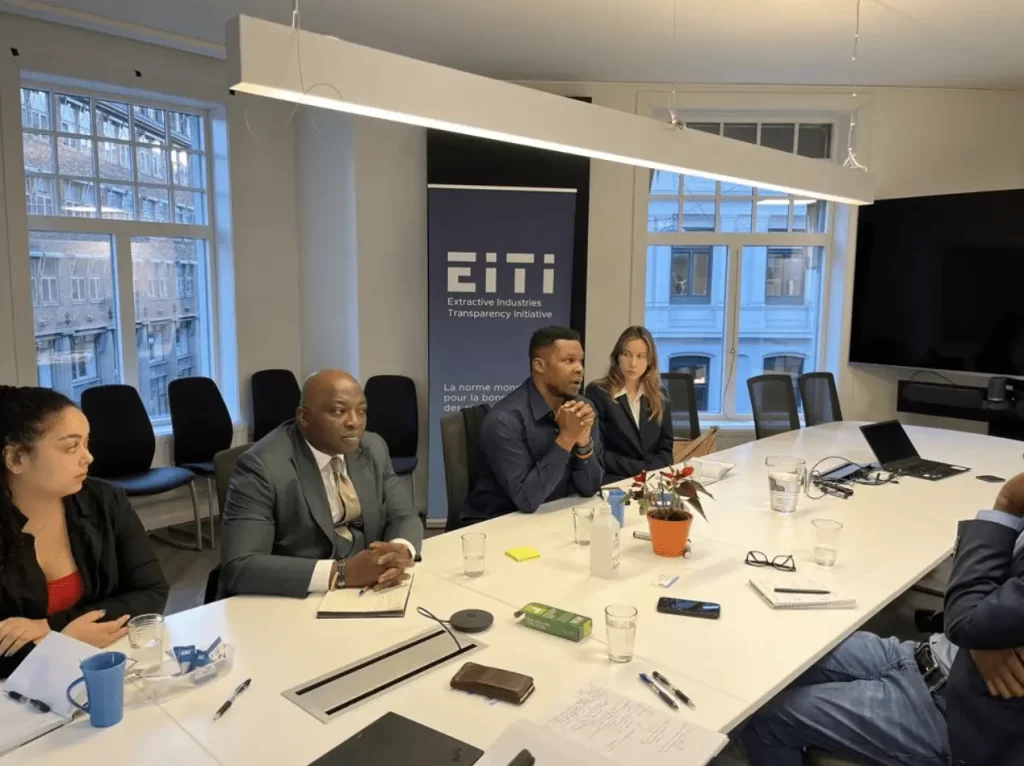The African Energy Chamber (AEC) (http://www.EnergyChamber.org) – serving as the voice of Africa’s energy industry – called for enhanced transparency and good governance within the sector during its meeting with the Extractive Industries Transparency Initiative (EITI) at the EITI International Secretariat in Oslo on Tuesday.
With over 600 million Africans lacking access to electricity and 900 million lacking access to clean cooking fuels, new investments in hydrocarbons, renewable, nuclear and hydrogen resources are needed.
According to the Chamber, increased transparency in the sector is necessary to attract even more investment into the sector.
Implemented in 52 countries – of which 24 are African – the EITI serves as a global standard for the responsible governance of oil, gas and mineral sectors.
The initiative seeks to strengthen key public and corporate governance issues of transparency and accountability by requiring the disclosure of information along the extractive industry value chain, from how revenues make their way through the government to how they benefit the public.
For African oil and gas producers, membership allows countries to better compete for investment on a global scale by heightening investor confidence and demonstrating a government-led commitment to sustainable energy and mining sector development.
The AEC aims to facilitate best practices sharing and knowledge transfer to African businesses and the private sector when it comes to transparency, compliance and good governance.
“Adopting similar transparency standards, measures and systems as the EITI would be helpful to our members and to African businesses across the continent, so that they can be in a position to not only adhere to ESG guidelines, but also compete on international stock markets and appeal to foreign lenders.
Norway and the EITI have done a lot of things right when it comes to working closely and engaging with civil society in the area of extractives. African energy stakeholders can and should learn from this,” added Verner Ayukegba, Senior Vice President of the AEC.
The meeting comes on the heels of the Glencore corruption scandal, in which Glencore International A.G. – a Swiss multinational commodity trading and mining company – and its subsidiaries were found guilty of corruption, bribery and illicit profits in several countries, including Cameroon, the Democratic Republic of the Congo, Equatorial Guinea, Ivory Coast, Nigeria and South Sudan.
The AEC has been vocal about the need for African governments and industry alike to publicly condemn Glencore’s actions and hold its leadership accountable, including to rescind its membership in the EITI (https://bit.ly/3jvlyHH).
